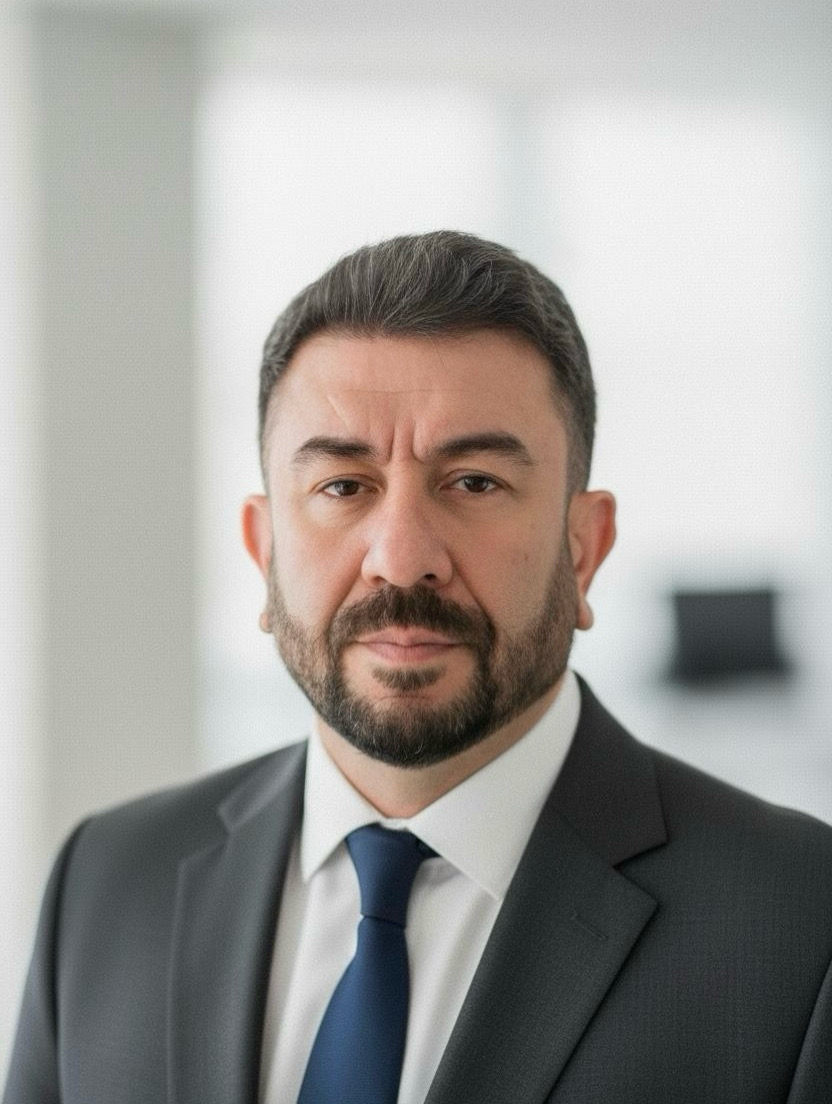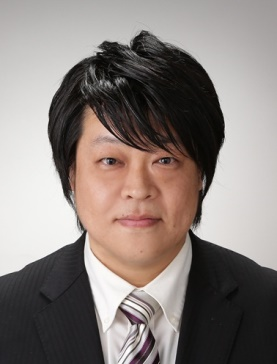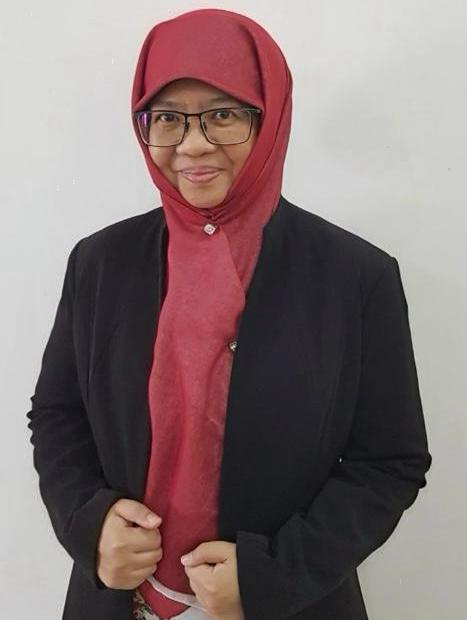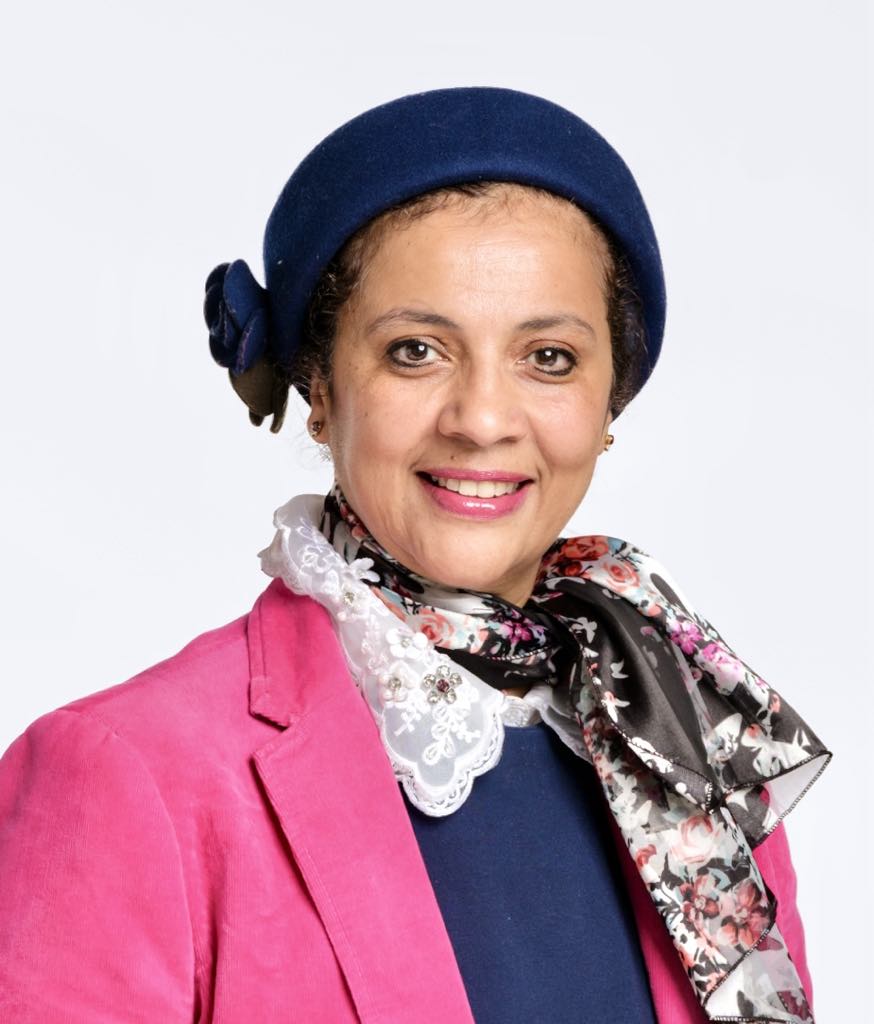
Prof. Sebastian Speiser
Hochschule für Technik Stuttgart, Germany
Sebastian Speiser is a Professor of Computer Science at HFT Stuttgart, Germany, and serves as the Study Dean for the Bachelor programme in AR/VR-Engineering. His research focuses on Artificial Intelligence (AI), particularly its applications in education, where he aims to bridge the gap between cutting-edge technology and effective learning methodologies. Beyond academia, Sebastian brings extensive experience in operational and leadership roles across industry, specializing in AI and Data Analytics.
Speech Title: TBA
Abstract: TBA

Prof. Ali Kemal Tekin
Western Norway University of Applied Sciences, Norway
Prof. Dr. Ali Kemal Tekin is an international expert in the field of Early Childhood Education (ECE). He holds Masters and Ph.D. degrees from The Pennsylvania State University. He is an active researcher and has numerous publications and conference appearances and keynote speeches at international level over 35 countries. His research interests include family involvement, program development, early bilingual education, assessment & evaluation in ECE, motivation, and efficacy of ECE teachers, ECE development and policy, and play. He also serves international organizations such as UNESCO and NAEYC. Dr. Tekin is the former Editor-in-Chief of International Journal of Early Childhood (IJEC) - the official publication of the World Organization for Early Childhood Education (OMEP).
Speech Title: TBA
Abstract: TBA

Prof. Katsuyuki Umezawa
Shonan Institute of Technology, Japan
Katauyuki Umezawa was born in Saitama, Japan, on Dec. 6, 1971. He received the B.E. and M.E. degrees from Waseda University, Japan, in 1994 and 1996, respectively. He received his Ph. D. degree from Waseda University, Japan, in 2007. He joined Hitachi, Ltd. in 1996. From 1998 to 2000, he joined Hitachi Computer Products (America) Inc. From 2000 to 2016, he rejoined Hitachi, Ltd. From 2010 to 2014, he worked as a part-time teacher at Shonan Institute of Technology, Japan, and a visiting researcher at Cyber University, Japan. Since 2012, he has been a visiting research scholar at Waseda University, Japan. He has been an associate professor at Shonan Institute of Technology since 2016 and a professor at the same university since 2020. His research interests include distributed object systems, mobile security, smartcard security, virtualization technologies, and educational engineering, and applying these technologies. He is a member of IEEE, IPSJ, IEICE, IEEJ, JASMIN, JSET, JSiSE and PAAL.
Speech Title: TBA
Abstract: TBA

Assoc. Prof. Seng Chee Tan
Nanyang Technological University, Singapore
Dr Seng Chee TAN is the Associate Vice Provost (Education Transformation) with the Nanyang Technological University (NTU). His research focuses on exploring and integrating emerging technologies into education for pedagogical innovation that has an impact in authentic classrooms. He has explored technologies such as computer-supported collaborative learning, knowledge building, learning analytics and artificial intelligence. As a university teacher, he has developed and taught over 20 courses, ranging from undergraduate to doctoral levels, primarily focusing on emerging technologies and pedagogies. In addition to his academic roles, he has served on the editorial boards of journals like Instructional Science and IEEE Transactions on Learning Technologies. He has also delivered talks and symposia in numerous economies, including Australia, Canada, China, Dubai, India, Malaysia, Singapore, Slovenia, South Korea, Taiwan, the United States, and Vietnam.
Speech Title: TBA
Abstract: TBA

Prof. Mira Kartiwi
International Islamic University Malaysia, Malaysia
Mira Kartiwi is a Full Professor in the Department of Information Systems, Kulliyyah of Information and Communication Technology, International Islamic University Malaysia (IIUM), and currently serves as the Director of the Centre for Professional Development (CPD) at IIUM. She earned her Bachelor of Commerce (Business Information Systems), Master of Information Systems, and PhD from the University of Wollongong, Australia, with doctoral research focused on electronic commerce adoption among urban and rural Indonesian SMEs. She was one of the recipients of the Australian Postgraduate Award (2004) and the Higher Degree Research Award for Excellence at University of Wollongong (2007). In 2011, she was appointed an Honorary Fellow at the University of Wollongong and has collaborated with the Business Faculty and SMART Infrastructure Facility. Prof. Mira has served on editorial boards of local and international journals and has extensive consultancy experience across the education, finance, and manufacturing sectors. Her expertise spans e-learning, predictive analytics, e-commerce, information systems strategy, and business process improvement. She is a Certified Moodle Educator and a COIL Fellow and Instructor (Shenandoah University, USA), advancing global learning through data analytics and intercultural collaboration. She is also active in cyberparenting advocacy across Southeast Asia and Australia.
Speech Title: TBA
Abstract: TBA

Dr. Nashwa Ismail
Imperial College London, UK
Dr Nashwa Ismail is an academic researcher at Imperial College London, UK. She holds an MSc and a PhD in Educational Technology, is a Fellow of Advance HE, and Convenor of the British Education Research Association (BERA) Digital Education Special Interest Group. Her expertise lies in Generative AI in higher education. Her work focuses on the impact of GenAI on learning and teaching practices, student motivation, and academic integrity across diverse disciplinary and global contexts. She also leads capacity-building workshops in the Global South on the use of Generative AI in teaching and learning.
Speech Title: TBA
Abstract: TBA